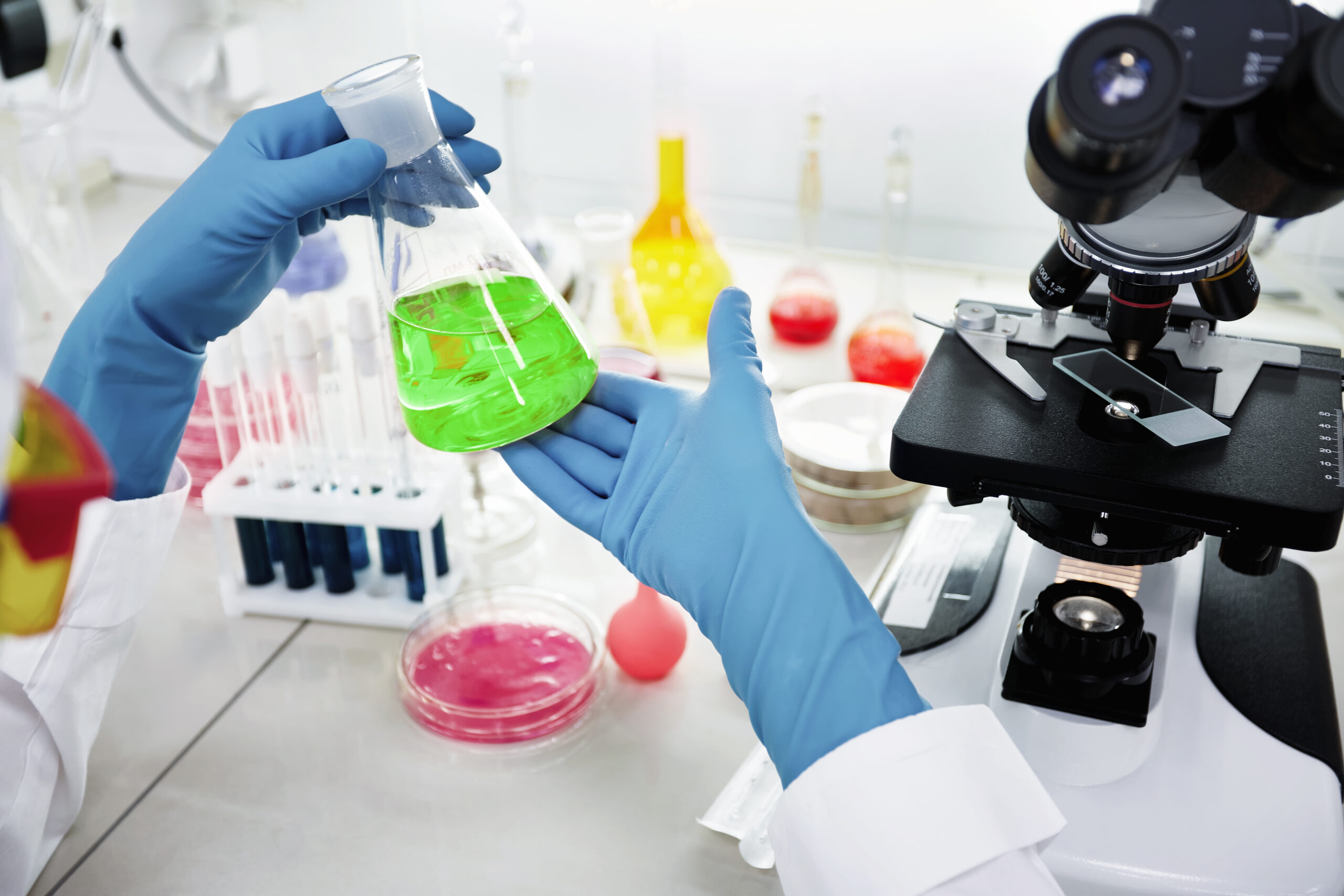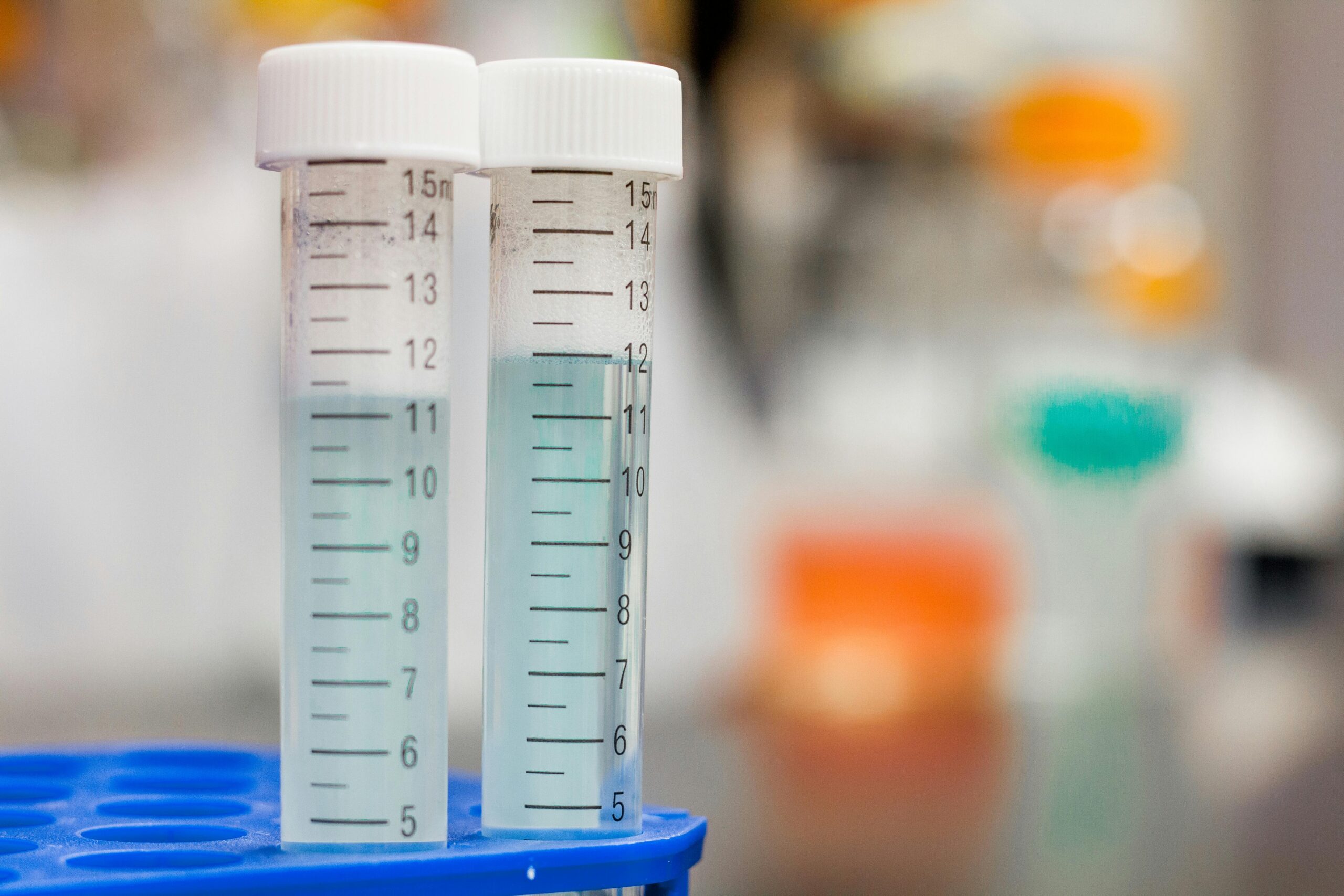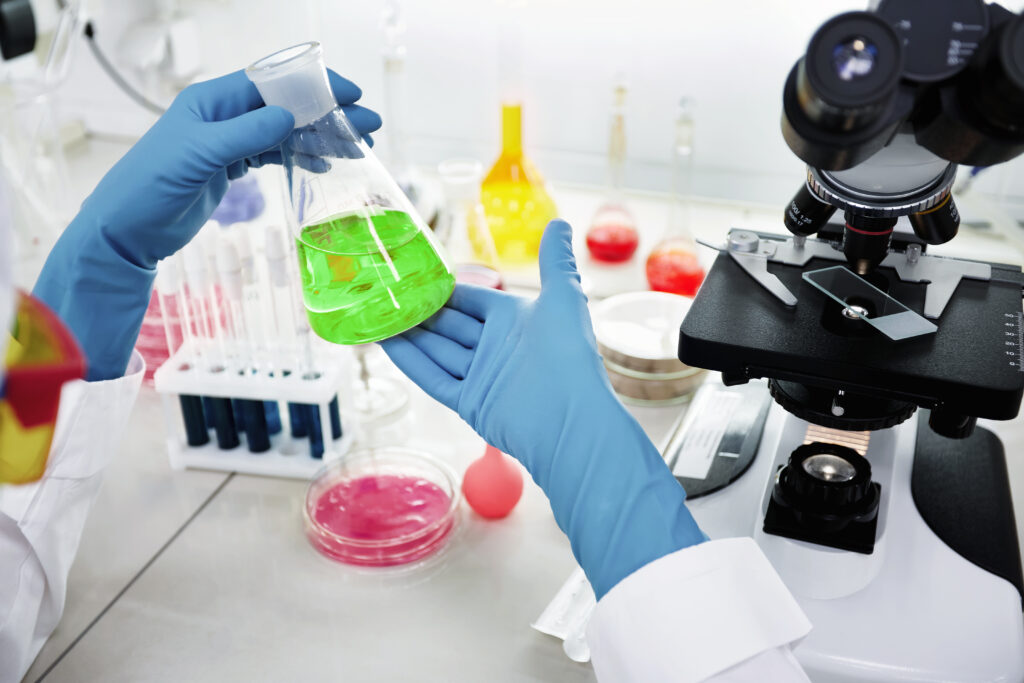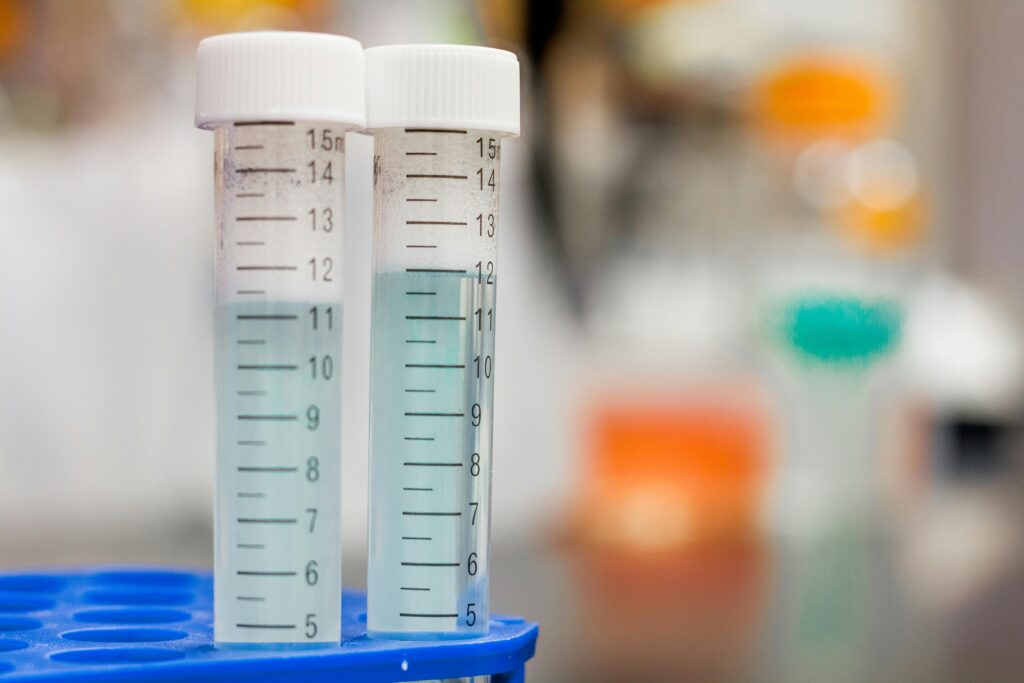In a world where food travels from farms to plates through a complex web of production and distribution, the role of food inspection stands as a sentinel of safety and quality. From ensuring that the ingredients meet regulatory standards to safeguarding against contamination, food inspection is a meticulous craft that impacts every bite we take.
Food inspection, at its core, embodies a meticulous craft that extends far beyond casual observation. It’s a multifaceted endeavour that begins long before products grace the shelves of supermarkets or find their way into restaurant kitchens. The scrutiny it offers ranges from the meticulous analysis of ingredients to the intricate art of safeguarding against potential contaminants. Whether it’s verifying the accuracy of labelling, substantiating the authenticity of claims, or meticulously tracing the origins of each component, food inspection stands as a guardian of consumer trust.
In this blog, we embark on a journey into the art of food inspection, exploring the intricacies, methodologies, and the key things to look for while inspecting food.
The Significance of Food Inspection:
Food inspection is a critical cog in the machinery of food safety. It serves as a safeguard against potential health risks, fraud, mislabeling, and non-compliance with regulations. Whether it’s the food on our grocery store shelves or the dishes served at our favourite restaurants, rigorous inspection protocols are instrumental in upholding quality and ensuring consumer trust.
At its core, food inspection is more than a mere formality; it’s a dynamic process that involves a tapestry of checks and balances that span from farm to table. Every ingredient, every product, and every meal undergoes a series of meticulous assessments to ensure that it aligns with the established safety standards. This rigorous examination doesn’t merely serve the purpose of preventing immediate health risks; it’s a promise of long-term well-being.
Moreover, food inspection holds a mirror to the regulatory landscape, ensuring that every actor within the food supply chain adheres to established norms. This vigilance contributes to a harmonious ecosystem where everyone from producers to distributors to retailers plays their part in upholding the integrity of the food we consume.
Also check out our blog on the importance of water treatment in India!
Inspection Points for Quality Assurance
When embarking on the journey of food inspection, there are several key aspects to consider to ensure quality:
Ingredient Quality:
Inspectors, armed with an acute attention to detail and a commitment to safeguarding public health, engage in a comprehensive assessment of the ingredients that compose our food products. This scrutiny spans from the very origins of these ingredients to the moment they grace our plates, ensuring that each step of the journey adheres to rigorous quality standards.
The sourcing of raw materials forms the cornerstone of this process. Inspectors delve deep into the supply chain, investigating the provenance of every component that contributes to the final product. This meticulous investigation involves tracing ingredients back to their origins, verifying the conditions under which they were cultivated or harvested, and ascertaining that they’ve been procured from reputable sources. This vigilance not only assures the authenticity of the ingredients but also safeguards against potential instances of fraudulent substitutions or misrepresentations.
Production Practices:
The methods employed during food production play a significant role. Inspectors assess whether the manufacturing processes adhere to hygiene and safety standards, preventing cross-contamination and ensuring proper handling.
Hygiene and safety standards form the backbone of food production, and inspectors function as the sentinels that ensure these standards are upheld at every juncture. Cross-contamination, a lurking threat in the world of food processing, is meticulously averted through stringent protocols and monitoring. Inspectors vigilantly scrutinise whether proper procedures are in place to prevent the unintended mixing of ingredients, which could lead to allergen exposure or the introduction of harmful pathogens.
Check out how we at SMSLA do Food Inspection services
Labelling Accuracy:
Food labels provide crucial information to consumers, from nutritional content to allergen warnings. Inspectors verify that labels are accurate, transparent, and compliant with regulations. Inspectors assume the role of diligent readers, meticulously analyzing labels to ensure that they are not only informative but also accurate, transparent, and aligned with regulatory guidelines.
The journey of a food product begins with its label—a canvas that paints a comprehensive picture of what lies within. Nutritional content, serving sizes, ingredient lists, and allergen warnings—all of these facets form the puzzle that consumers piece together to make informed choices about the food they consume. Inspectors, equipped with a blend of regulatory knowledge and analytical precision, assess labels for compliance with established guidelines, ensuring that they aren’t a mere façade but a reliable source of information.
Storage and Handling:
Proper storage and handling are paramount to prevent spoilage and contamination. Inspectors look for appropriate temperature controls, proper storage conditions, and adherence to expiration dates.. Inspectors, akin to vigilant custodians, embark on a mission to ensure that proper storage and handling practices are not just concepts but tangible realities that prevent spoilage, contamination, and potential health risks.
Temperature controls are a cornerstone of this endeavor. The delicate equilibrium between too hot and too cold can spell the difference between freshness and decay. Inspectors, armed with the precision of thermometers and the wisdom of experience, scrutinize storage areas to verify that they are maintained at the correct temperatures for perishable items. This diligence prevents the growth of harmful microorganisms and preserves the quality of ingredients.
Hygiene and Sanitation:
Cleanliness is non-negotiable in the food industry. Inspectors assess the sanitation practices of food establishments, from the cleanliness of utensils to the personal hygiene of staff members.
Inspectors, armed with an acute sense of meticulousness and an eye for detail, delve into the realm of sanitation practices within food establishments. Their task goes beyond superficial appearances; it involves a comprehensive assessment of cleanliness that spans from utensils to personnel, ensuring that every nook and cranny adheres to the highest standards of hygiene.
While inspecting food, there are specific red flags that inspectors are trained to spot:
- Unsanitary Conditions: Evidence of poor hygiene, inadequate cleaning practices, or pest infestations are clear indicators of unsanitary conditions that can compromise food safety.
- Cross-Contamination Risk: Improper storage, handling, or placement of raw and cooked foods can heighten the risk of cross-contamination, leading to foodborne illnesses.
- Allergen Handling: Failure to handle allergens properly, from storage to preparation, can have severe consequences for consumers with allergies.
- Temperature Control Issues: Inadequate temperature controls, such as keeping perishable foods at room temperature for extended periods, can accelerate bacterial growth and compromise food safety.
- The Role of Technology: In today’s digital age, technology plays a pivotal role in food inspection. From mobile apps that streamline inspection processes to data analytics that detect patterns of non-compliance, technology enhances the efficiency and accuracy of inspections.
Conclusion:
The art of food inspection is a multi-faceted endeavor that requires knowledge, attention to detail, and a commitment to upholding safety and quality. As consumers, we entrust inspectors with the responsibility of ensuring the food we consume is safe, wholesome, and accurately labeled. The journey from farm to plate involves the expertise of dedicated inspectors who wield their skills to navigate the complexities of the food industry, making every bite we take a secure and enjoyable experience.











